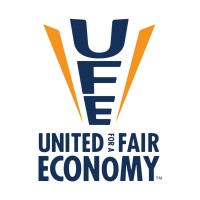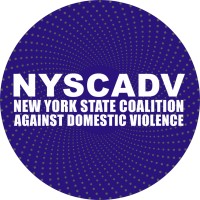
United for a Fair Economy
National organization committed to fighting inequality in the United States. We support grassroots groups around the country by building a shared analysis, connecting the dots between movements, and challenging cultural narratives. Program areas include Popular Economics Education; policy ideas to correct the racial wealth divide; federal tax fairness; the state-based Inclusive Economy Network (a network of grassroots organizations working to pass progressive tax and economic policies); and Responsible Wealth (network of affluent advocates of progressive economic policies).






